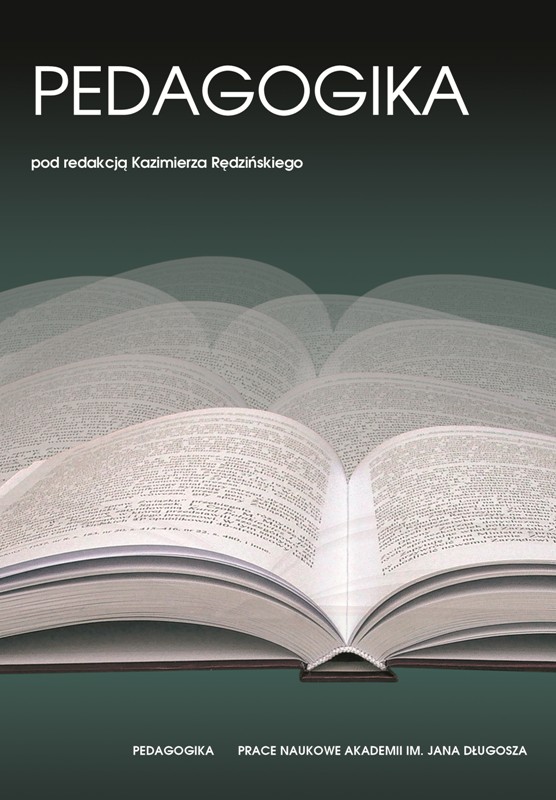Warunki rozwoju i działalności związków nauczycielskich w Europie Środkowej w 2. połowie XIX i na pocz. XX wieku
The conditions of development and activity of teachers’ associations in the Central Europe in the second half of the 19th and the beginning of the 20th centuries.
Author(s): Janusz SpyraSubject(s): History, Education, Social history, Recent History (1900 till today)
Published by: Uniwersytet Jana Długosza w Częstochowie
Keywords: teachers’ associations; teachers’ movement; Central Europe; modernization; education; schooling;elementary education;
Summary/Abstract: The article discusses the most important social processes and legislative changes which affected the operating conditions of associations representing elementary school teachers in the most developed countries of the Central Europe during the 19th century. That period observed fundamental changes in a position of schools as institutions, and also in a status of teachers. For the evolution towards a modern mass society demanded more institutionalised education and the school became an obligatory stage in each citizen’s life. However, it took a lot of time for the teachers to be formally acknowledged as a socio-professional group carrying out vital social tasks and to be granted the right to speak on schooling issues. Still churches, state authorities, political and national parties and other social groups claimed for their impact on education. The occurring changes also resulted in professionalization of teaching profession.
Journal: Pedagogika. Studia i Rozprawy
- Issue Year: 2/2016
- Issue No: 25
- Page Range: 391-409
- Page Count: 19
- Language: Polish

